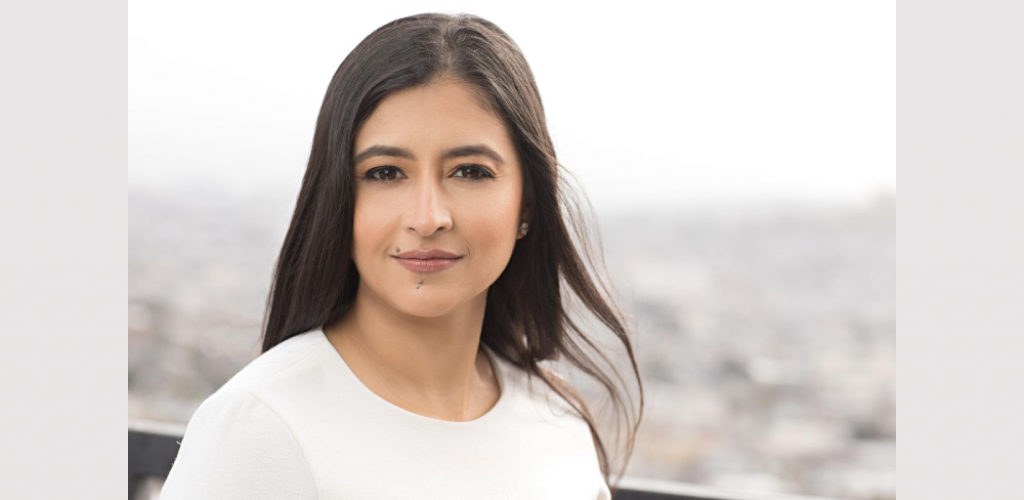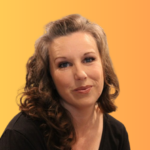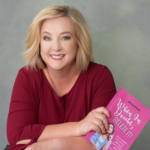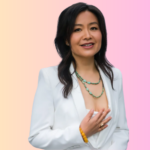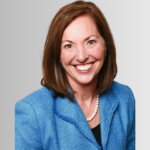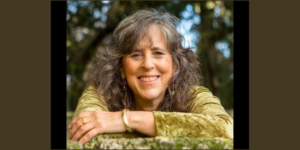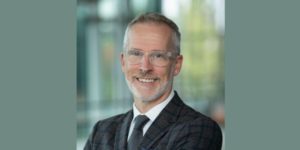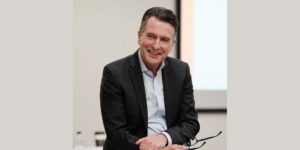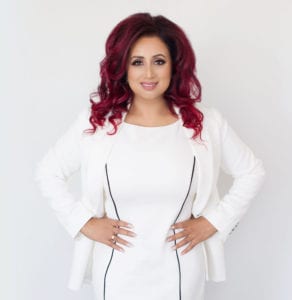Raj Girn: This week’s theme is Leadership and Advocacy. And I wanted to do something a little different today to help all of you watching, listening or reading this. If you are women in business or male allies to their female counterparts looking to acquire a better understanding of how to tackle the world of finance and investment for women-led companies, then this two-part series is definitely for you. The series is entitled How to Be Seen, Heard and Valued as a Woman in the Male Dominated World of Finance. And my goal is to provide you with a high level understanding of what the landscape looks like today and opportunities that you may not know are available to take advantage of. To help me do this, my guest today is a woman I truly respect and admire for her work in this space and for leading the charge in supporting women in finance and investing. She is the founder and managing partner of Cebile Capital, Sunaina Sinha.
Here is Part One of our conversation:
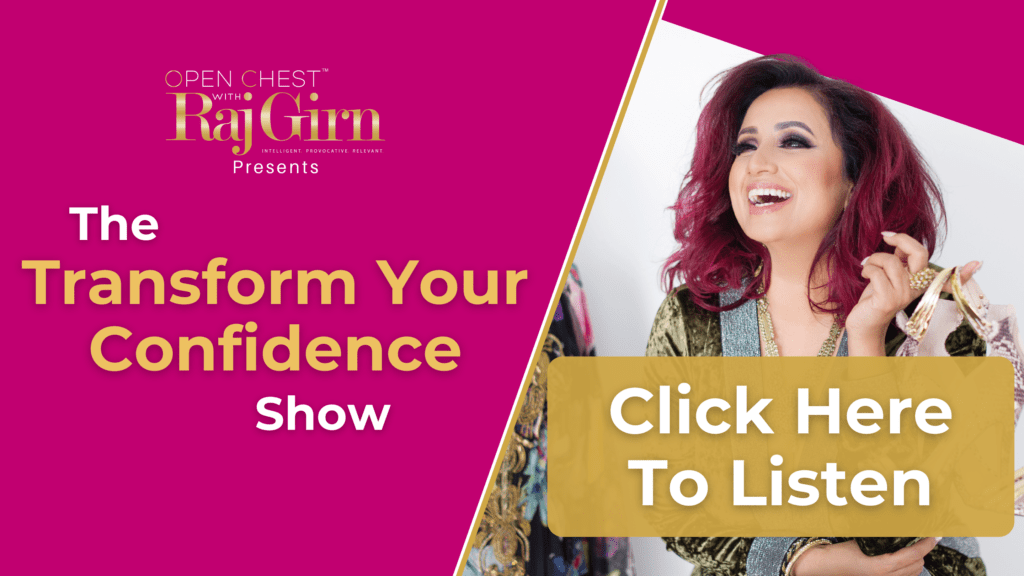
Please welcome to the show, my dear powerhouse woman. I’m thrilled to have you on.
Sunaina Sinha: Thank you for having me, Raj. It’s an honour to speak to you and of course, your wonderful followers.

Credit: TW@sunainalondon
Thank you so much. Sunaina I have so much that I want to unpack from your experience and from all of the things that you have done in your career. So I want to start our conversation off with some truth talk and address the elephant in the room. And here it is. If your name was omitted from your bio, I would never have known that it belonged to a woman, let alone one from a diverse ethnic background. Your story is so incredibly inspiring that you’ve accomplished what you have as a BIPOC woman in a white male dominated industry. So with your permission, I’d love to start our conversation off by asking you to set context around and your foray into the financial arena. Can I do that?
Absolutely I love to share.
Brilliant. So let’s start off where I feel the beginning would be for this discussion. After completing your education from Stanford and Harvard, no less, where did your professional career begin?
I went to two large hedge funds, one in the US and then one in Europe, and really used them as training grounds, training grounds in two ways Raj. First, I trained in the subject matter of finance and of course, learning the language of finance. What makes investors tick? And of course, all of that practical learning that comes with any job, but really also, and probably more importantly, to learn what it’s like to exist and develop and find your voice in a male dominated . . . Hedge funds are traditionally extremely male and white male dominated.
And so I found both of those places were a chance for me, when I was still very junior, to figure out where can I add value and how does that resonate with this world that I inhabit, which is not diverse, which is extremely one track in terms of what you see, but also in terms of how people think money talks. Money is most important. And that was an incredible learning opportunity. And both those funds that I will never forget and I took that when I started to Cebile right after those two jobs.
So I wanted to ask you this. What was your entry into the financial industry like? I mean, was it very by design or did destiny lead you there? Because it seemed like it was very strategic on your part to make a decision to go there?
Yes, it’s a very good question. And before I did my MBA at Harvard Business School, I was actually working in a very different industry. I was working in biotech and pharmaceuticals. And what I realized during that career, very short as it was in between college, undergraduate and MBA, was that I wanted to sell a product I could become a subject matter expert in while I was helping to do business development for biotech companies. Without an M.D. or PhD, without becoming a doctor or a scientist, I was never going to be the expert in the room when it came to selling a drug or product. And here is my first learning in life: Try to be the expert of what you do, and try to be the master of your field in trade.
“Try to be the expert of what you do, and try to be the master of your field in trade.” ~Sunaina Sinha
So when I went to Harvard Business School, and by the way business schools can be great times for you to reflect on your career and to do any transitions. And I used it to say, where do I go, where can I become the expert in my field? And finance jumped to the top because I had a technical mind. I’d done two engineering degrees from Stanford. I also knew I knew how to sell and a I knew business development and deal making. I said, what’s the best place for me to bring those two together? And finance came out as an obvious place to start. So you’re right, it was thought through. And because I wanted to make sure I could become the master of my field.
So why finance specifically with all of the academic prowess and education that you went through in both of these very, very well established institutions? Why specifically finance to go down that road?
Well, initially it was because I could understand these products. I could understand what I was selling at a hedge fund. And I can understand very quickly what I’ve been doing. In Cebile Capital, which is mid-market private equity focused and always has been for for the majority of its existence. I could understand if I knew how to do deals and then I could sell it. But it was a bit deeper than that. In finance, life is all about having impact. How do you have impact? And finance controls so much of the engine of what happens around us. Today I work in a part of finance called private equity. Private equity controls everything in your life that you don’t even realize. The water you drink is owned by a private equity infrastructure company. Probably the hairdryer you use is owned by a private equity company. Your clothes, many of the big fashion houses or retailers are owned by private equity companies. That’s just every part of your life.
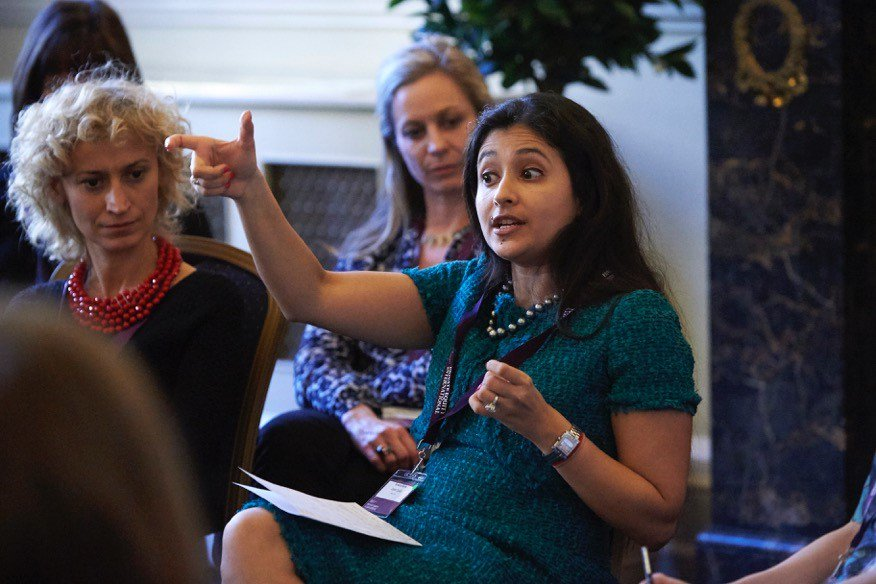
So the ability to be there operating it effectively has the ability to have this second, third, fourth order impact in the world. And we have to be able to take that one step further and that we will only work with positively impactful clients. So clients whose capital we raise for them will do as we do for them, will actually go into small and medium businesses and help economies thrive and communities develop around them. So we’ve taken that one step further in our shop. But I saw in finance the ability to have impact at a very wide scale, which was really powerful, and to be able to have it in a short period of time. Finance moves more quickly than, say, a more traditional infrastructure led business like health care or biotech.
So for those who are uninitiated with the investment and the finance world, which tragically is the case. Can you just explain to them what private equity funding actually is?
Yes, private equity is capital that goes into one of two things, usually. The first is to provide funding to businesses to help them grow further. So when one hears about venture capital or growth capital, that is a form of private equity of private capital. Or you get to sell your business wholesale to private equity. So a number of private equity firms, they’re called buyout firms, will go in and say, “actually, I like that business that makes hairdryers. I’ll buy all of it or I’ll buy 70, 80 per cent of it and take control of it. And I’ll run it for a period of time, make it a bigger, better business, and then I’ll sell it on to somebody else.” And so that’s what private equity does. It’s buying the entire business, running it for a period of time and then selling it on. Or it’s providing fresh money to a business and helping that business scale and grow.
“Private equity is buying the entire business, running it for a period of time and then selling it on. Or it’s providing fresh money to a business and helping that business scale and grow.” ~Sunaina Sinha
Sunaina, I want to ask you this. Why decide to found your own company, Cebile Capital, rather than maybe stick around in the industry for about 10 years, like a lot of people do? Why pretty much off the back of your education did you make that decision?
For two reasons. I had found success very early. I knew I was good at what I did. I had established a track record. And number two, I had this incredible opportunity to get started in 2011 because I had some early clients who had heard about me, seen my reputation and were willing to become clients one and two. They were two marquee name clients in the industry. And that de-risked me starting Cebile. Truth be told I was 30 years old, all of 30 years old, Raj. I had no mortgage, I had no children and no liabilities. And I had two clients who wanted to say, “listen, if you you start your own job with the clients, I’ll be client one” And the other one said, “I’ll be client two right after this client one.” And so for me, it was a win win no lose situation where I could start, give it a shot. If it doesn’t work, any one of these clients would hire me in-house again. But if it worked, I knew I had the opportunity to do something that had not been done before, quite frankly, in the private equity space and certainly possibly in the financial services space period. And that was an opportunity I had to grab with both hands.
So can you explain what that opportunity was? What is unique about Cebile Capital?
Yes. Cebile Capital is a strategic advisor to private equity firms around the world. But there are a number of other firms that will do it as a transaction to these clients. I wanted to do things differently. I wanted to become a trusted strategic advisor and partner to my client. Over many years, doing multiple things for them, we do two main parts of our business now, we are advising them on fundraising and on secondary market solutions. And to be able to do that for the industry in a very strategic and different way. As I mentioned, we only focus on mid-market firms. And number two, we have done it in a way, provided our service in a way, that is absolutely unique in the industry today. The entire firm is led by women and half the firm or more has always been women and minorities. Something that hasn’t been done before. So there was really quite a lot of power behind that piece for me, that I built something that doesn’t exist today.
Can I tell you I’m listening to you say this and my entire body is kind of like twinkling with delight. I’m so happy that people like you exist, that women from our culture, from our ethnicity exist in this space because it’s the only way that we’re going to be able to change the dynamics out there. And I’m going to get to what those are a little later. But I just have to share with you that I’m such a fan of what you’ve accomplished and the fact that you’re so single minded with your journey on this and how you so relatively quickly got Cibile acquired. I want to know how you were personally involved in the acquisition Sunaina. Can you share a bit of that story?
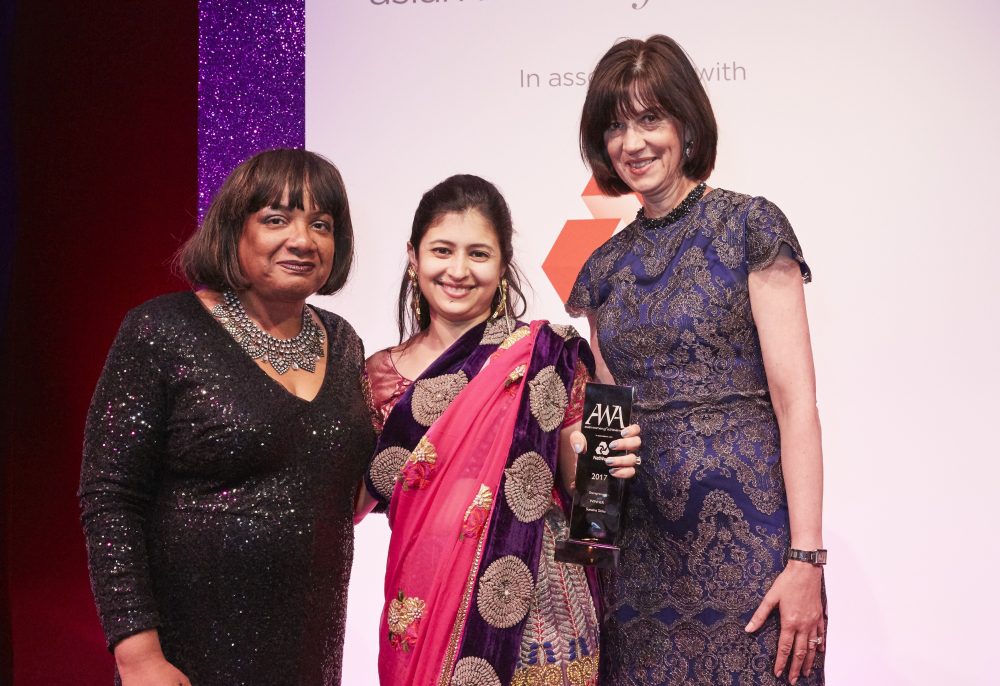
I would love to share a bit of that story. But I have to say, Raj, you say it was quick, it was 10 years. And the funny thing is that in the financial services industry, people are very much like 10 years. That was so fast. I’m like, well, I have white hairs to show for right now. Nothing is fast or easy when it comes to building a business from scratch in any industry. But specially in an industry where there isn’t that much innovation. Financial services has not had that much innovation. It has been quite a journey. And of course, we can talk about some of the points of, I would say, friction and where really perseverance and resilience come through a bit later. But we very much had come on the radar screen of the market a few years ago. We’ve been approached by several Wall Street investment banks over the last few years and very quickly had rebuffed all of them. Why? Culture.
What I had built at Cebile was a warm, collegial, very collaborative culture to do things the right way. Play the long game. Don’t be focused on short term wins if that hurts the client. And a lot investment banks have a culture that’s a lot more short term and a lot more mercenary nature. There’s no other way to put it. But Raymond James, I took my first call with them. I ended up really liking the people there and then spent a whole lot of time over the course of 2021 getting to know them, getting to know them very well. And because we were in the middle of a pandemic, you’ll find this very entertaining. I couldn’t fly in the U.S. because of travel restrictions. They couldn’t come to the U.K. because of travel restrictions. So we had to meet in the Caribbean to get to know each other. The only way, its the wildest story. But you know if I’d flown to their office, or had flown to mine, it would be a very business formal meeting, one on one. But because we were in the middle of a Caribbean island in a resort we couldn’t help but get to know each other as human beings.
And I really like the fact that Raymond James has a family values oriented culture, very much like how I’ve got Cebile over the years. And that meeting of minds, in addition to, of course, all the other synergies, including the fact that Raymond James also only focuses in mid-market private equity as we do, that think about business in the same way. All of that, of course, came to bear, too. But it really started with the cultural synergies. And they came forward and made an offer to recreate a market leader by Cebile and me joining Raymond James. We were able to now really create a leadership position in the market, which would have taken me a lot longer to do standalone. And so that was the thesis behind the acquisition and then why I did it.
Oh, my gosh. You know, it’s so interesting. And you said something that I have been coaching people on for so long, and that is this whole idea of humanizing a brand, humanizing your business, humanizing your infrastructure and getting buy in from all of the stakeholders, not just the investors, but everyone down the food chain. You’ve been talking about how you’ve been very, very mindful and very particular about the culture of your business. So let me ask you a little bit about that, because this is also something that a lot of people don’t take as seriously as they should, and that is creating kind of this communal culture within the infrastructure. Can you maybe share a little bit about that, Sunaina, as it pertains to what you did specifically at Cebile?
Absolutely, the core behind Cebile’s values is growth mindset. People ask me all the time, why was Cebile so successful so quickly? They do say that. How did you scale the business so quickly? It’s because we learned to fail well and fail fast. As an entrepreneur, anybody knows you hear a thousand nos, not okay for this time, contact me another time, no, thank you, don’t like that. You hear that one hundred times. Deals fail, transactions fail, people leave, people you want to do to join your firm, don’t. Things happen a hundred times a day. What do you learn from that moment? I ask myself every time I’m going through a disappointment, what is this moment here to teach me? And use that learning and apply it immediately and not repeat that mistake. Make new ones.
That pivoting, that ability to completely iterate, iterate, iterate a hundred times a day, a week and moment to moment is really what set us apart very quickly so we could learn and adapt as to what was resonating in our industry, in a market with our clients, with our team. And so when team members join me, I have to say this is where we start. We start with, this is our culture. How are you with giving and taking feedback? Feedback is the core of how we do things here. We always do it very constructively. It’s never personal. It’s always about the work product. But we have to be okay in that iterative journey to be able to succeed with us as a team member, but also for us to succeed in the market. We’ve just been able to out pivot and outlearn and outgrow many of our competitors.
“That pivoting, that ability to completely iterate a hundred times a day, a week, and moment to moment, is really what set us apart very quickly so we could learn and adapt as to what was resonating in our industry, in a market with our clients, with our team.” ~Sunaina Sinha
Wow! And, you know, you said something there that I just want to make sure that people did actually pick up on. And that’s the whole idea of, and this is something I believe in to, Sunaina, that the vision of the company is something that you have to be very, very strict about what that is. And it’s not really something that I mean, at least in my opinion and what I’m hearing you say, it should not be flexible. It should be very clear on what that vision is for the company.
But how you get there, the iterations, the continual pivoting? Should that be a part of your process or not? Is that the key here in ensuring that you keep moving along in your company and this whole idea of being afraid to fail? And I always say you never really feel like you’re always failing towards the next step. So that to me is like failing forward. I would love to get your opinion on this whole kind of fear that we have around failing and also this whole idea of being afraid of failing forward when it comes to money.
Yeah, absolutely. I think that the whole thesis behind any entrepreneurial journey is the ability to take failure on the chin, knowing that the odds are very much stacked against you and knowing that that is absolutely the place where you will find the magic. People are very afraid, especially nowadays, Raj, more than ever before of discomfort. The place of discomfort, it doesn’t feel good. So I want to run away from it. Oh, but, honey, you’re going to feel not good most of the time when you’re an entrepreneur building something because you are going to go through so many loopholes to get to wherever that journey takes you. It’s your point that you always keep in mind that this moment is here. It seems like a setback. It seems like a knock, but it’s taking you to the next step because you’re learning something that will you will apply next time or a door is closing that you’re not meant to go down, that you should then go down to the open the next one or the next one after that, keep open and keep trying things until something fit sticks and you can go through it. at it’s that incredible ability to sit in the place of uncertainty and discomfort.
“I think that the whole thesis behind any entrepreneurial journey is the ability to take failure on the chin, knowing that the odds are very much stacked against you and knowing that that is absolutely the place where you will find the magic.” ~Sunaina Sinha
And I actually tell my mentees and folks that I listen to the reason I’m got comfortable with it . . . We all need to do it somehow. I got comfortable with it through meditation. I meditate every day. I go on an annual meditation course. And that really teaches you how do you be still in the moments when things are going crazy around you? Where do you find that stillness? And in that stillness there’s so much learning and so much magic that comes your way that you then immediately, the next moment, you suddenly revolt and you revolt again. And that evolution really over time can paint a beautiful picture as it has done for us.
I was so happy that you shared that Sunaina, because one would look at your profile and the industry you sit in and oftentimes, as women are kind of bullied into this whole idea that we have to somehow figure out how to fit into the world of men. And here you are. Being very, very clear that a part of your culture is a part of how you lean into how you’re going to evolve as a human being and meditation being something very prevalent within our culture. Sunaina, and the fact that you even mentioned that is just so exciting to me because I didn’t know that we were going to go down that road.
And I’m so happy that you broached this, because, as I mentioned, a lot of women and women from our culture fear showing that side of themselves, that cultural side of themselves may be tapping into this whole other world of knowledge that’s available to us because we put ourselves into this box that we feel we need to fit in because everyone else so successful is fitting into this box. Can you give me your feedback on that? I’d love to know. I’d love for you to dispel that myth for women out there, especially women from our culture.
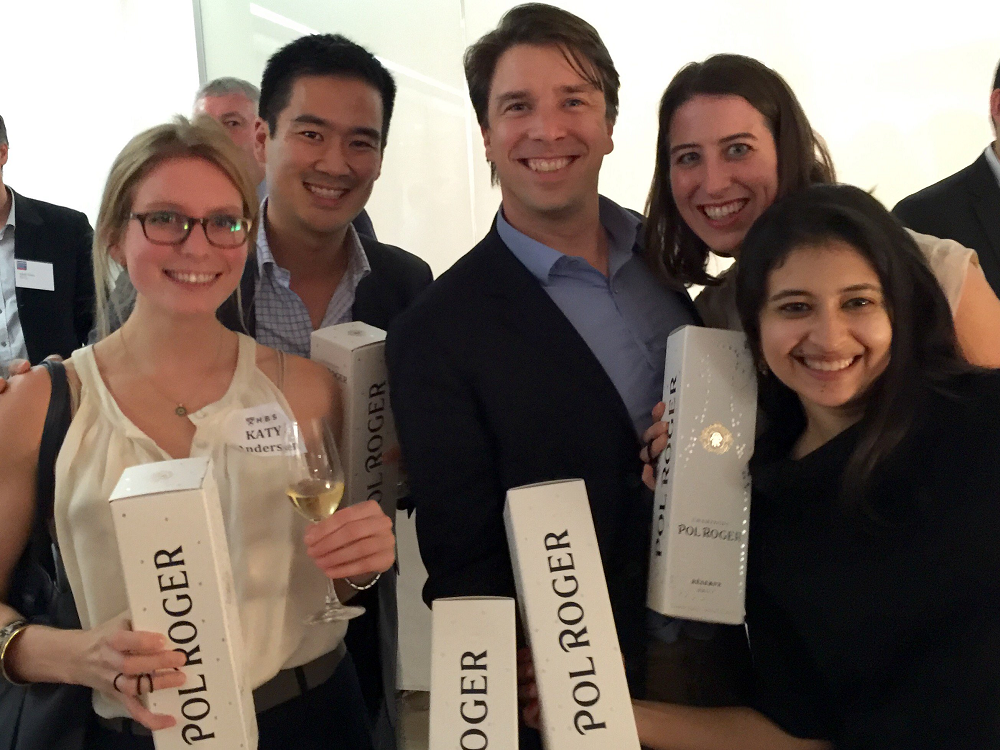
Absolutely. I think that having an identity that’s unique to yours today, Raj, today, in this day and age, given what’s happening in our zeitgeist, that is a strong muscle. Girls use it, use that to set you apart, whether you’re into dance or classical dance or contemporary dance or musically inclined or whether you are religious and you pray, be out and be proud about who you are and what makes you really unique. Don’t be shy about it. Either way, I explain it to colleagues in the industry who just, when I say meditation, ask what are you saying? I say I use it to develop a muscle, just like you go to the gym to develop your biceps or your triceps or your glutes and your leg day, etc.. The brain is the heaviest muscle in the human body. We have to find a way to train the brain. Of course, a lot of people go in and do that usually as a reaction when things are broken, when you’re feeling anxious.
What do I do? What do I do? Then they go out and seek a remedy. But how about go more proactively into it? How about go practice into the journey of going inside and figure out how do you train the brain? And there are other tools out there. There’s meditation, there’s prayer, there’s therapy, there’s other things and executive coaching, etc.. Whatever it is that makes you do a bit of introspection and gets you to a place of stillness and reflection, do it because that’s where you learn your lessons. If you’re moving a million miles an hour, when exactly are you learning these lessons? What exactly are you reflecting on? Who you are, how you’ve developed, what you’ve learned and what’s still outstanding?
“There’s meditation, there’s prayer, there’s therapy, there’s other things and executive coaching, etc.. Whatever it is that makes you do a bit of introspection and gets you to a place of stillness and reflection, do it because that’s where you learn your lessons.” ~Sunaina Sinha
Oh, my Gosh. You know, this begs a whole other conversation. I think I have to have you back on just to have that conversation, to be very honest, Sunaina. But to close that off before I get into the next part of this, I want to share something with you. A friend of mine mentioned something to me about her perspective on prayer and meditation. And it’s something that’s always set with me, and that is that when we pray as humans, we are communicating with God or the higher vision of what you feel. You are also tapping into the higher version of who you are as an individual. And when you meditate, you’re hearing God or that higher version told back to you.
It’s so important that we understand and what you said when you started off talking about meditation is through the stillness that you see all of the clarity and the creativity and the innovation and moving yourself out of the picture so you can see what’s meant to be in that picture. And it’s fascinating to listen to the fact that these are some of the tools that you utilize in a otherwise very traditional arena to help you create the iterations and the success that you have over the last 10 years. I’m so fascinated to have further conversation with you about that. So I really hope you do come back home for us to just have that conversation.
Any time. Any time.
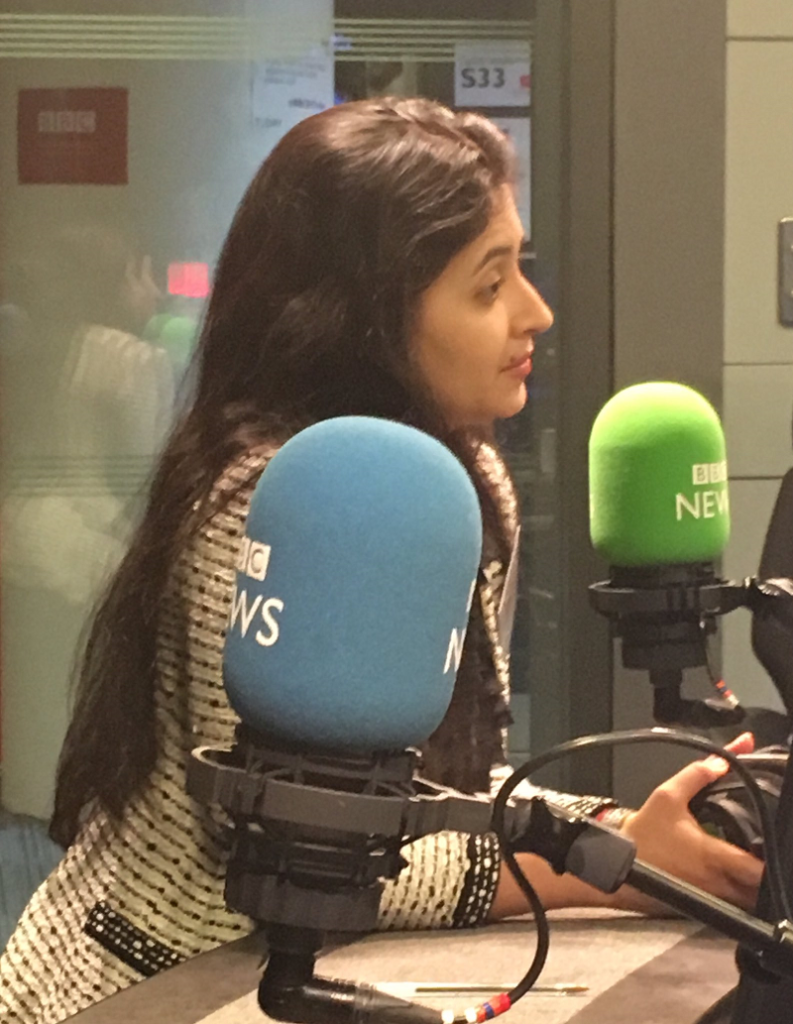
Briliant. So let me ask you this for us to just close off a little bit so I could move into another direction. What’s next for Cebile?
So Cebil will join Raymond James Financial when our transaction completes, sometime in the next few weeks, and we will be doing exactly what we’ve done for the last 10 years and done so well. But we’ll be doing it as part of Raymond James. When doing it as part of a New York Stock Exchange listed Fortune 500 that has the ability to open hundreds more doors for us in the industry, that we can take our products and services and do what we do and love doing for so many more clients. And I think that’s what’s next.
I’m going to continue to run the business, which is running the business unit at Raymond James. And I’m really excited about the people I’m going to be doing it with. And eventually, let’s be honest, I’m now going to be an employer at Raymond James. And that itself is a transition I’m meditating over. That’s what’s next. And that’s what’s next for us and for me. And we couldn’t be more excited because it’s about where do I take this journey next? And for me, it’s very clear I want to lead in the industry. I want to become the market leader. And Raymond James is a terrific place to to do that for and with.
So to get that final kind of encapsulation on Cebile Capital, can you just say maybe in a sentence or so, who is this company targeting and what should they hope to get out of perhaps participating in a relationship with the firm?
We are targeting clients and investors in private capital. Anything that is associated with private capital markets we are involved with. We are also doing that in various ways through the fundraising market, through secondary markets, through other markets. But really, anybody who is involved in private capital investments, that is a target client or investor for us.

